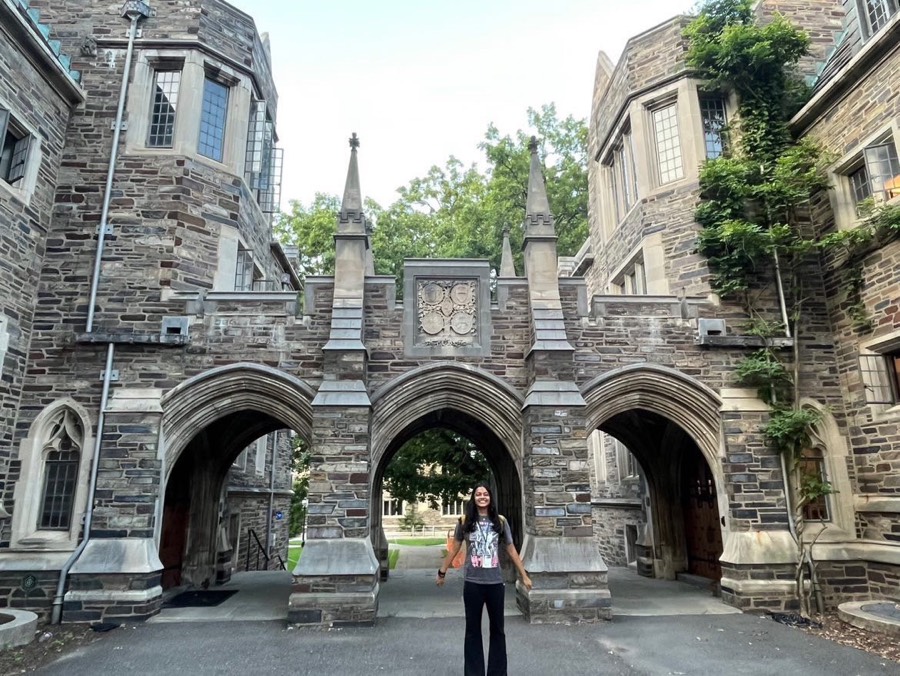
Our Community
- Home
- Our Community
- Newsfeed
Our Community
Pathways School Noida
Newsfeed
Back-
DP 2 learner's experience at John Locke Institute, Princeton University Pathways School Noida
July 31
This summer, I had the privilege of attending the John Locke Institute summer program at Princeton University. I discovered this program through the John Locke Institute essay competition and soon realised that, as a student interested in pursuing international relations and public policy in the future, it would be an excellent opportunity to expand my knowledge. After undergoing a lengthy application process, which included submitting a written application and participating in a challenging twenty-minute interview with the academic dean, I was admitted to the program. Among the three summer courses offered, I chose the two-week-long Public Policy Symposium in Princeton, which focused on energy and environment policy.
The daily schedule was roughly divided into two parts: lectures and precepts. Precepts, a unique feature of the John Locke Institute, involved small group discussions with professors, allowing us to delve deeper into the content covered during the day’s lectures. These sessions provided a chance for us to directly engage with the lecturers and ask them any questions we had, no matter how outlandish or idiosyncratic. Amongst the faculty were reputed economics professors Bryan Caplan and Steve Keen, politician and academic Jamie Whyte, as well as multiple climate scientists from Princeton University, including Eric Larson.
Lessons covered a wide range of topics, from public choice theory and cost-benefit analysis to climate change modelling and energy production. A unique component of this program was the Ideological Turing Test, an exercise created by Bryan Caplan that tests if people truly understand the other perspective. For a chosen controversial topic, the group was split into pairs of people with opposing views. Each speaker had to be prepared to argue either position, depending upon the outcome of a coin flip. Participating in this test proved to be immensely invaluable as it taught me the importance of relevant knowledge and context in modern debates.
Beyond the classroom, friendly debates and discussions on relevant social and economic issues dominated our conversations. I was immersed in a forward-thinking and intellectually-stimulating environment, surrounded by highly intelligent students from all around the world. With numerous group activities and opportunities to socialise, we made the most of every moment. The quaint small-town charm of Princeton and the new friendships I made during the program contributed to creating memories I will cherish forever.
As a result of this program, I have been prompted to reevaluate my ideological position on certain issues such as immigration and fossil fuel consumption by considering a variety of arguments and thinking critically about them. The John Locke Institute encourages students to explore and understand perspectives and ideas that differ from their own. Despite the intense academic atmosphere, I have, beyond a shadow of doubt, become more curious in my thinking, generous in my listening and determined in my pursuit of knowledge after attending this course. I hope to utilise all that I have learned from this program in my classes this year and I wholeheartedly encourage all students seeking to broaden their academic horizons to apply as well!
-
Jashodhara Jindal, Grade 12
















Get in Touch